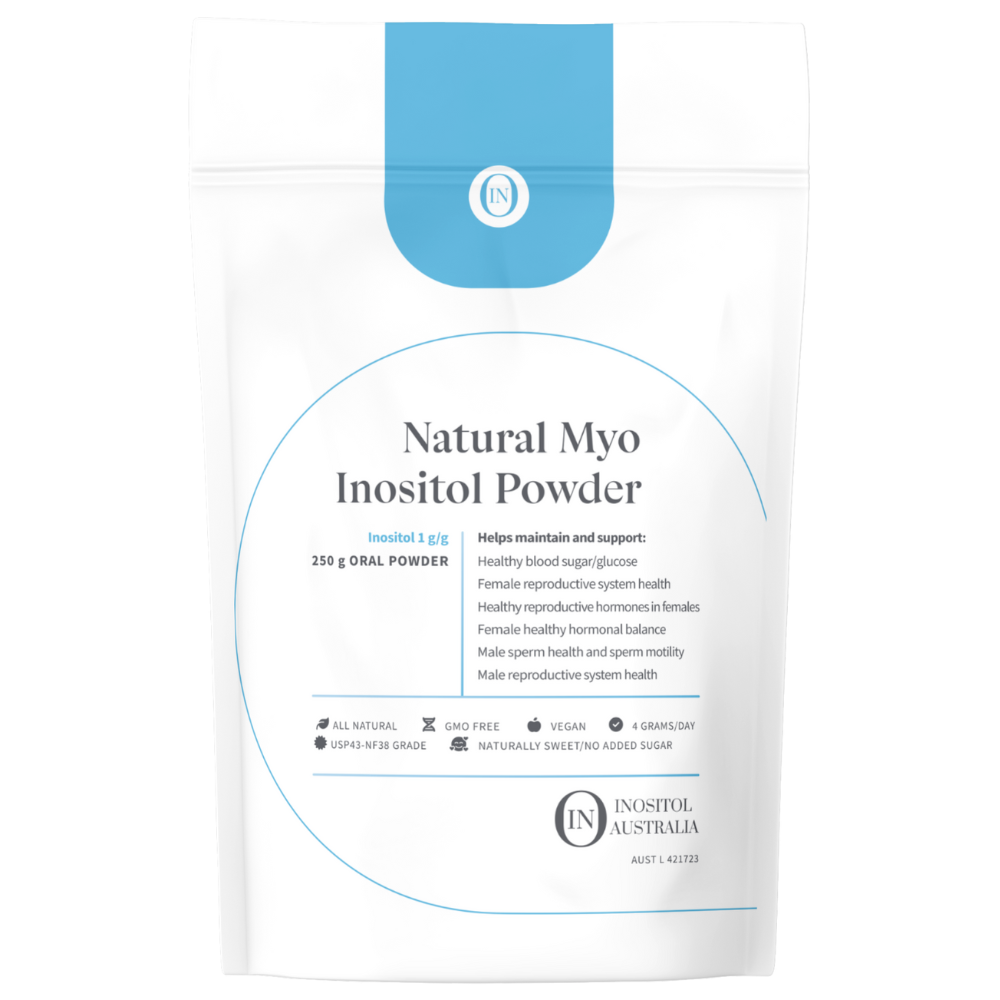Inositol is generally well-tolerated, but some people may experience side effects such as nausea, headache, and dizziness. If you experience any adverse effects while taking inositol, stop taking the supplement and speak with a healthcare provider. For mild side effects we recommend the ramping protocol of 1g/day in week 1, 2g/day in week 2, 3g/day in week 3 and then the full 4g/day in week 4.



